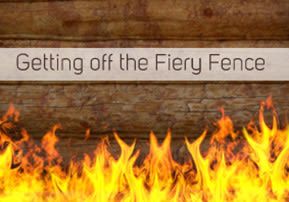
2010: Getting off the Fiery Fence
All events in our lives are Hashem’s ways of communicating to us. By ignoring Hashem’s messages via these stimuli, we become spiritually blind and deaf, G-d forbid…

The very first tenet of Rabbenu Nachman’s teachings as presented in the first discourse of Likutei Moharan is that we must look for the intrinsic wisdom in every occurrence, for that way, we connect to Hashem. In other words, since everything comes from Hashem, then all events in our lives are Hashem’s ways of communicating to us. By ignoring Hashem’s messages via the stimuli of our daily lives, we become spiritually blind and deaf, Heaven forbid.
The three-year long drought in Israel and its horrific culmination that was manifest by the devastating Carmel fire in 2010 should have triggered a process of national soul-searching, personal conclusions, and subsequent rectification of our misdeeds. Unfortunately, it did nothing more than cause partisan mudslinging and bureaucratic blame games. Except for those who personally lost their homes or a loved one, it’s business as usual. That’s scary. When a wake-up call at a given volume is insufficient, then the next wake-up call is even louder…
Although the fires no longer rage in Carmel and the drought has yielded to heavy gray cumulus clouds that bestowed their precious payloads on Israel’s parched fields last week, the post-drought/fire situation is ominous. Israel’s water supplies are nearly depleted. The newly forecast rains have again yielded to clear blue skies. And, as of today, our government’s fire-fighting and civil-defense capabilities aren’t any better than they were several weeks ago when the fires were still raging on Mount Carmel. Hashem is showing us that salvation can come only from Him.
The drought/fire situation with its recent Carmel trauma fresh in our minds and no "natural" solution to our water supplies or disaster prevention in sight makes me feel like the proverbial little Dutch boy with his finger in the hole of the dike to hold back the floodwaters. Someone is yelling that the Minister of the Interior should resign. Another critic hollers that government ministers should give half the attention in choosing fire trucks that they do in choosing their Volvos. Someone else screams that we have to create a powerful modern fire-fighting authority to use the new equipment acquisitions properly. The opposition issues a no-confidence motion in the government when they themselves voted against the purchase of fire-fighting aircraft. Still others lament the destruction of the macho-Israeli image, in that we needed the help of so many foreign governments to extinguish our own fire. The media op-eds are asking how in the world we expect to withstand a possible massive missile attack from our enemies if we can’t handle a single fire. All the above cries might be justified, but they’re Kafkaesque in that they totally ignore the root cause of the Carmel fire catastrophe that destroyed over 12,000 acres of gorgeous forests and took 44 lives.
The reason for the drought in Israel – the worst in 60 years – is lack of emuna. The drought is what made the forest fire spread in mindboggling speed and become so uncontrollable.
Rashi explains in his commentary of the Gemara (see Taanit, 8a) that rains fall by virtue of our emuna.
Our holy Torah tells us in the second paragraph of Kriat Shema (Deuteronomy 11: 13-21) that if we serve Hashem with all our hearts and souls, in other words, with complete emuna – then we receive our rains in proper time and in proper measure. But, if our hearts stray from Hashem, there will be no rain. One may fathom that Hashem is threatening us with punishment; not so! The relationship between emuna and precipitation in the holy Land of Israel is not a matter of reward and punishment but simply cause and effect.
Rain is water, and water is life. Kriat Shema is emuna, and emuna is rain. As such, Kriat Shema for a Jew is life and sustenance, in this world and in the next.
 The symbol of our faith – our emuna in Hashem, the One True G-d – is the Kriat Shema, the declaration of our belief in Hashem at all costs, even at the price of sacrificing our lives. For centuries, Israel’s martyrs – religious and otherwise – went to their deaths with Shema Yisrael on their lips.
The symbol of our faith – our emuna in Hashem, the One True G-d – is the Kriat Shema, the declaration of our belief in Hashem at all costs, even at the price of sacrificing our lives. For centuries, Israel’s martyrs – religious and otherwise – went to their deaths with Shema Yisrael on their lips.
Shema Yisraelis our number-one national asset. It belongs neither to the Chassidim or Lithuanians, the Sephardis or the Ashkenazis, the black kippas or the knitted kippas, religious or non-religious. The Shema belongs to all of us. We are all beloved sons and daughters of Hashem, and we each have the right of our own personal relationship with our beloved Father in Heaven that the Shema guarantees us.
The Shema grants us the privilege of calling Hashem’s Name whenever we want, enjoying our own personal relationship with Him, and being able to turn to Him for every need. But privileges go hand-in-hand with responsibility.
We all shoulder the private and public responsibility of developing and strengthening our emuna. That’s what we were sent to this lowly material world for. When we ignore emuna, we shirk our responsibility. When we shirk our responsibility, we fall into spiritual slumber.
A commander that finds a sentry sleeping on duty sometimes drops a lighted paper fuse inside the sentry’s boot; that seems to be a rather rude awakening, but the resulting burnt boot, socks, and foot is better than falling into the hands of the enemy. This is the context in which we must view the Carmel fire: better we rectify our blemished emuna now, than to wait for the louder wake-up call of enemy ballistic missiles falling in our midst and igniting fires all over the country.
A look at the words of the Shema (Deuteronomy 6:4-9, 11:13-21, and Numbers 15:37-41) is like reading a news commentary:
“If you hearken to My commandments… and love G-d… I will give you rainfall… But if you stray… I will be angered… and there will not be rain…”
Israel, unlike other countries, lives in rhythm with its seasonal rains. When they fail to arrive, Hashem is telling us that we have spiritual work to do. Once again, this is His way of speaking to us.
So why was the fire in the Carmel area? Why wasn’t it in the south of Israel, a much more arid area?
The Carmel is very reminiscent of Elijah the Prophet’s challenge to the idol-worshipers during the time of King Ahab (see Kings I, chapter 18). There, he killed the false prophets. The 3-year drought of Elijah’s time, just like the one recently terminated the day after the Carmel fire was extinguished, culminated in a large fire coming down from Heaven on the Carmel and then – rains of blessing, exactly like it did this month.
At the time of Elijah and Ahab, people were straddling both sides of the fence. They had Judaism, but with idolatry on the side. Eliahu chastised the nation (see Kings I, 18:21); Hashem despises those who hedge their bets.
Could it be that we’re still straddling both sides of a fiery fence? Sure, who doesn’t want to eat Chulent and Challa or take a nice nap on Shabbat? But are we serving the false idols of greenback dollars and bodily urges? Does anyone think for a moment that Israel would have to beg for the assistance of foreign nations if its heart was totally with Hashem? It’s time that we place more emphasis on Hashem’s teachings than we do on the latest WikiLeaks…
No one in this generation – religious or otherwise – can claim that they didn’t know about emuna. Hashem sent us a magnificent gift by way of my beloved teacher and spiritual guide Rabbi Shalom Arush shlit’a known as The Garden of Emuna. Let’s get off the fiery fence and start bringing the light of emuna into our lives. By turning forest fires into the fires of emuna, we’ll illuminate the world instead of burning it to a crisp. There’s no time to waste.


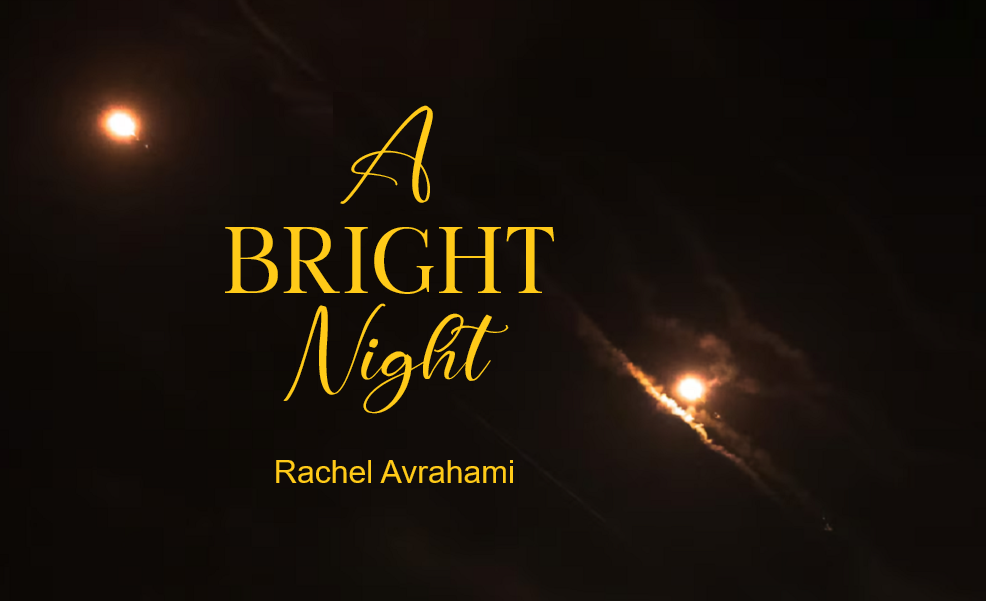
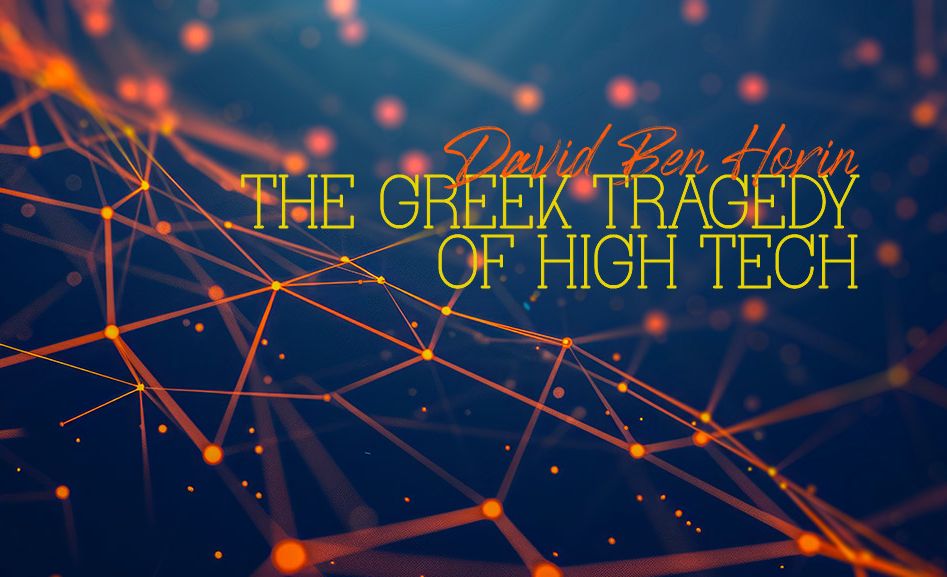
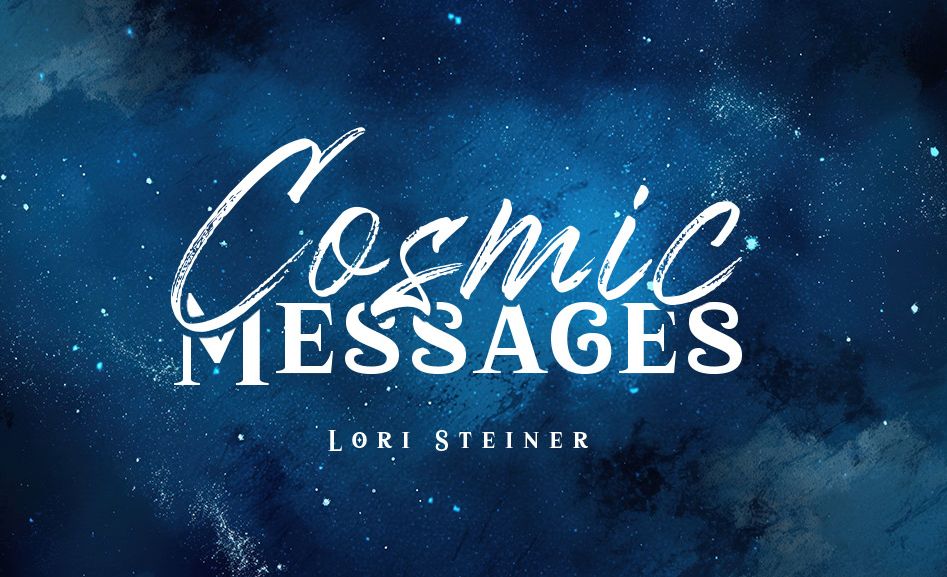
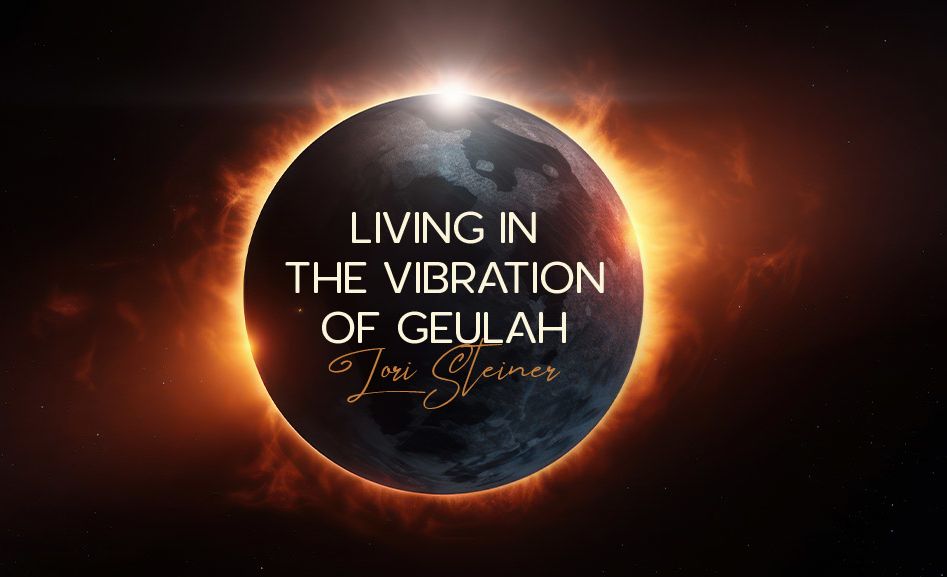

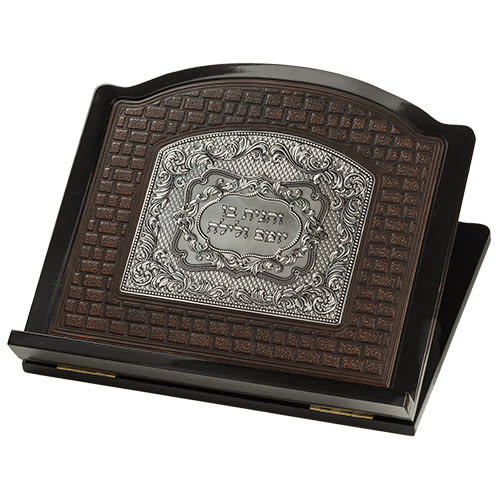


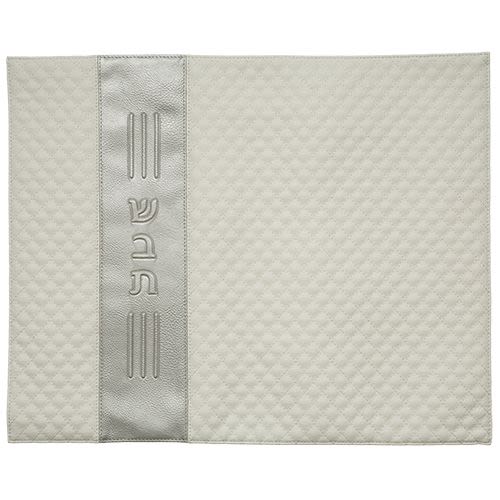
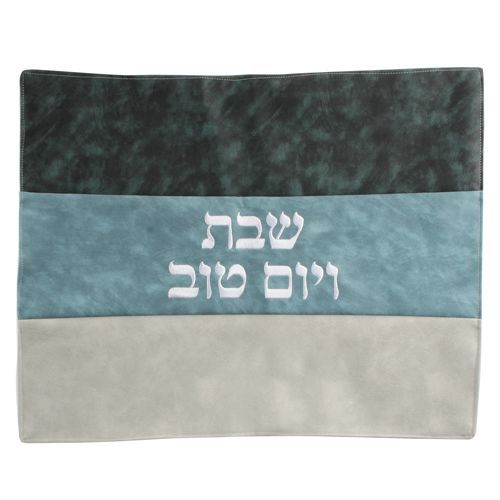
Tell us what you think!
Thank you for your comment!
It will be published after approval by the Editor.